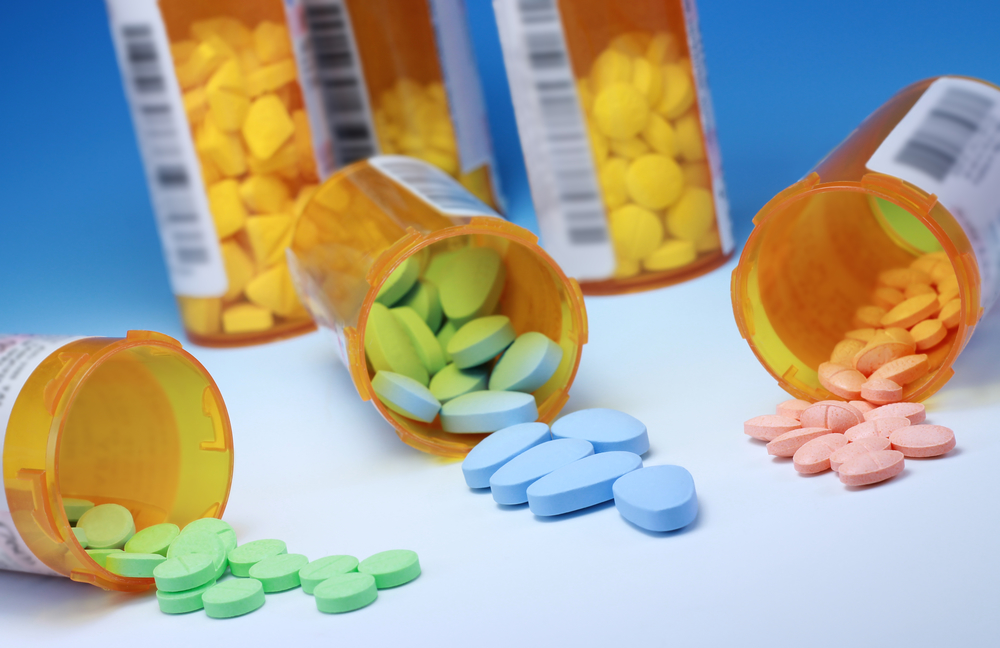Daiichi Sankyo Must Pay $39 Million for Doctor Kickback Claims
February 17, 2015 – The Daiichi Sankyo Co Ltd and its US subsidiary will pay $39 million to the US government and individual state Medicaid programs in response to a lawsuit filed against the company accusing them of paying doctors kickbacks to prescribe its drugs. The whistleblower lawsuit was filed by former sales representative Kathy Fragoules. As the result of coming forward, Fragoules will receive more than $6 million of the settlement.
The lawsuit claimed the “speaking fees” paid to doctors by the company were actually financial kickbacks for pedaling the brand’s pharmaceuticals to patients. Programs were hosted by the company between 2004 and 2011, allegedly with the express purpose of rewarding the doctors for boosting sales.
According to the investigation, there were instance in which doctors were paid to speak at dinners attended only by their own staff, and in some cases, their spouses. There were also reports that speeches given during the events amounted to little more than the brief rehashing of the same topic throughout the evening. Reports indicate some of the lavish dinners cost upwards of $140 per person.
Financial Penalties and Company-wide Reforms
The Daiichi company was founded in Japan and has American headquarters located in New Jersey. It is a global company that provides products and services to more than 50 countries around the world. The company employs 30,000 employees worldwide tasked with creating “… innovative new and generic medicines, and new methods of drug discovery and delivery.” It is the manufacturer of three high blood pressure drugs – Azor, Benicar, and Tribenzor, and a cholesterol lowering drug – Welchol.
In addition to the multi-million dollar payment, Daiichi Sankyo will also be making internal reforms as a result of the lawsuit. The company agreed to abide by a corporate integrity agreement, stipulating they will implement compliance programs to prevent ethical failures in the future. Agreements such as this are becoming fairly common in the pharmaceutical industry and the federal government hopes to bring more companies into the loop as they crack down on unscrupulous and downright illegal marketing practices.
Daiichi Sankyo boasts of a rich legacy of innovation and claims to have a robust pipeline of promising new medicines, including late stage pharmaceuticals Prasugrel (oral antiplatelet agent to prevent blood clots), edoxaban (another blood clotting medication), and Denosumab (developed to treat and prevent various bone disorders including osteoporosis and the spread of cancer to the bones).
Despite the lawsuit, Daiichi plans to continue drug manufacturing and staying true to what it calls its focus “… on our core mission of helping people live healthy and meaningful lives.”
News Tags
- urgent
Have you been affected by a drug or device listed?

You May Be Eligible for Compensation.
If you or a loved one suffered injury or death after using a drug or medical device, contact us today for a free case evaluation.
We value your privacy. By submitting this form, you agree to our privacy policy and disclaimer.


